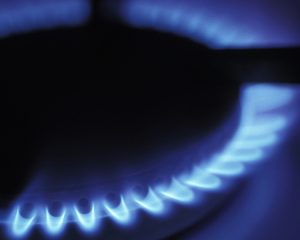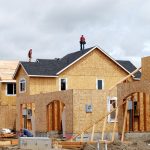
Here are some home inspection precautions that you can take to prevent poisoning from carbon monoxide:
- Make sure appliances are installed and operated according to the manufacturer’s instructions and local building codes.
- Never service fuel-burning appliances without proper knowledge or tools.
- Never operate a portable generator or any other gasoline engine powered tool in or close to an enclosed space such as a garage, home or other building.
- Install a carbon monoxide detector.
- Never use portable fuel burning equipment inside a home, garage, vehicle or tent unless it is specifically designed for use in an enclosed space.
- Never burn charcoal inside a home, garage, vehicle or tent.
- Never leave a car running in an attached garage.
- Never use gas appliances such as ranges, ovens, or clothes dryer to heat your home.
- Never cover the bottom of natural gas or propane ovens with aluminum foil. Doing this blocks the combustion air flow through the appliance and can produce carbon monoxide.
- During home renovation, ensure that appliance vents and chimneys are not blocked by tarps or debris. Make sure appliances are in proper working order when renovations are complete.
A carbon monoxide detector is the best way to determine when carbon monoxide is present. Different from smoke detectors, they do not need to be placed near ceiling level. The best place to keep a carbon monoxide alarm is close to heaters and other gas powered equipment. If the alarm detects carbon monoxide, it will sound, giving people a chance to safely leave the structure before too much exposure. If a carbon monoxide alarm goes off never ignore the alarm. Get outside as soon as possible and call your local emergency services. Carbon monoxide alarms are reliable and can be purchased at a local hardware store or at any home improvement store. Also make sure to have a home inspector check chimneys and flues for blockages, corrosion, partial and complete disconnections and also loose connections.
